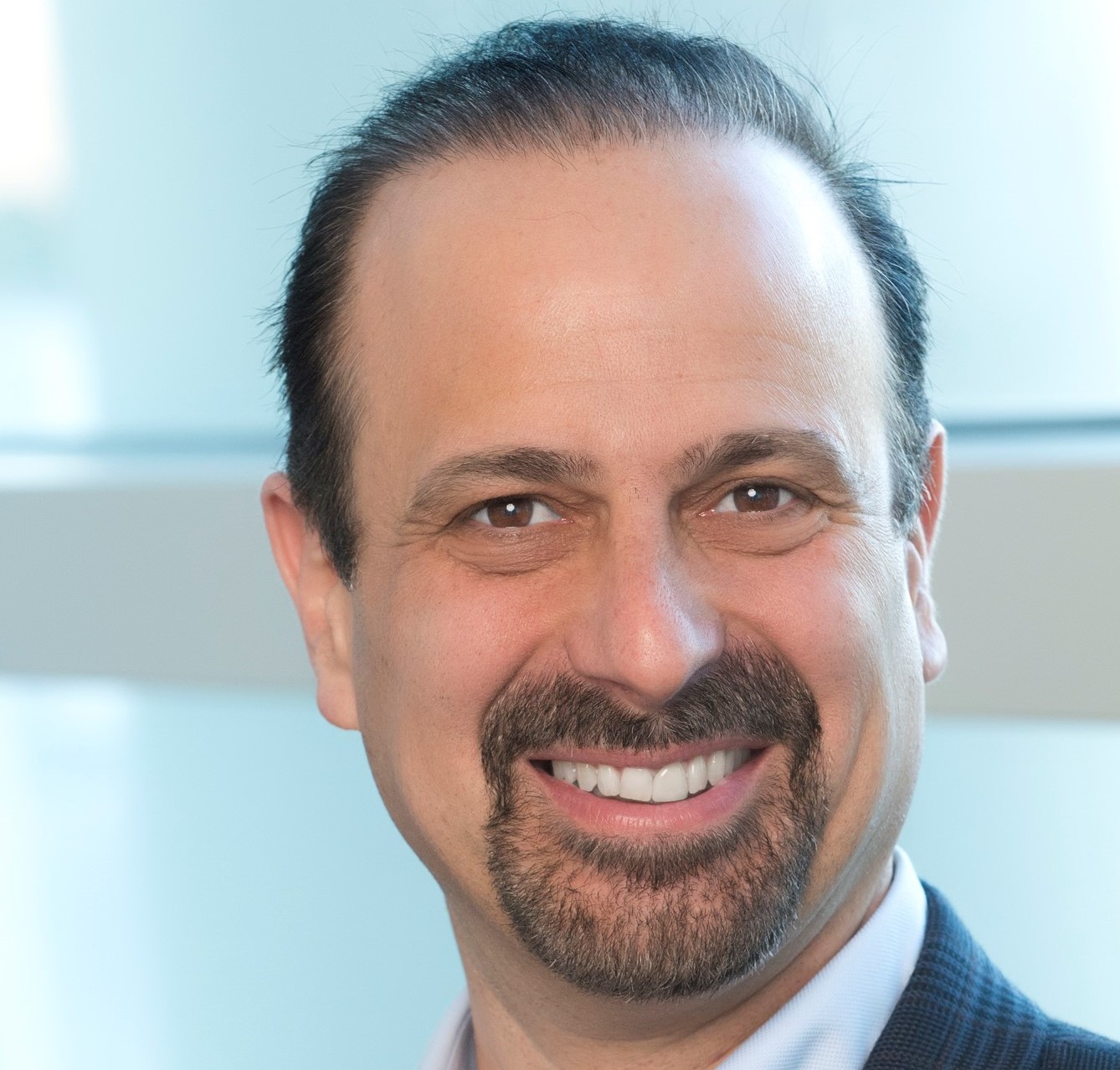Bridging business and ethics: A pharmaceutical compliance leader’s perspective

Compliance leadership in pharmaceuticals demands a delicate balance of technical expertise, strategic vision, and ethical stewardship, according to Peter J. Agnoletto, strategic business advisor, General Medicines U.S., at Sanofi.
With over two decades of experience in multibillion-dollar international public companies, Agnoletto brings a wealth of knowledge from his roles, including his previous position as chief compliance officer and chief audit executive at Par Pharmaceuticals Companies.
In his current role at Sanofi, he focuses on providing strategic business advice for commercial and medical activities, ensuring that business objectives are achieved while maintaining the highest standards of compliance and ethics.
In an exclusive interview with Compliance Insider at the recent Pharmaceutical Compliance Congress in McLean, Virginia, Agnoletto shared his perspectives on leadership, emerging industry challenges and opportunities, and the art of fostering an ethical business culture in today’s pharmaceutical sector.
 Peter J. Agnoletto, strategic business advisor, General Medicines U.S., Sanofi
Peter J. Agnoletto, strategic business advisor, General Medicines U.S., Sanofi
Based on your experience, what are some of the essential skills and qualities for an effective compliance leader in the pharmaceutical industry today?
Agnoletto: I think it’s a given that you need to have technical knowledge and expertise, but to be a compliance officer or a strategic business advisor, you have to be reasonable. You can’t be a ‘no’ person, but you shouldn’t be a ‘yes’ person either. You have to work with the business to help them solve their problems in a thoughtful way. If you’re going to say no, you need to explain the reasoning behind the decision and why something can’t be done.
However, always be willing to think through and work on ways to help them achieve their objectives in a compliant manner. They may not get exactly what they want, but you can work out a solution to help them achieve their overall objective.
What do you see as the biggest emerging compliance challenges and opportunities for the pharmaceutical industry in the next few years?
Agnoletto: Let me share one perspective that I believe is widely recognized. It’s a term that’s overused, but the effective use of generative AI. How will you use this to supplement what you're doing or make what you’re doing more efficient and better?
Another challenge involves the interaction between commercial, medical, and patient support services teams. As everyone in the business works more closely together to address clients, customers, and account needs, maintaining compliance becomes crucial.
From an opportunities perspective, working with the government on policy changes that can be beneficial to organizations. When you achieve a policy change, it’s much more effective than trying to change the market from scratch.
How do you foster a culture of ethics and integrity within the sales, marketing, and medical teams you advise?
Agnoletto: You have to build trust over time through your interactions and experiences. I say be open to discussions and not immediately respond with ‘no, that can’t be done’ but work with them. Understand what they want to do, explain to them why it can’t be done the way they want, if it can’t be, and then work with them on finding a solution. Maybe there’s another way of doing something that can help them achieve their objective, but just in a different way.
Your experience includes executing due diligence on potential acquisitions and joint ventures. From a compliance perspective, what are the critical areas you focus on when evaluating these opportunities?
Agnoletto: I think it’s different for public companies and private companies. For public companies, you conduct searches, examine filings, review corporate policies, and assess governance structures because most of that is available. You can go to their website, access their governance policies, and see how sophisticated their compliance and ethics structure is.
But for a private company, you try to get what I just mentioned for the public companies. However, if it doesn’t exist, you’ll need to hire a firm to do an assessment for a more detailed understanding of what exists within the organization.
Since the information isn’t readily available, you must interview people to gain understanding. Even with public companies, it’s necessary to interview the compliance officer to understand how the culture truly functions. But it starts with a foundation, by looking at any documents that exist to understand what framework they’ve already established.
Learn more about compliance issues facing executive today, visit our upcoming conference website.
DepositPhotos/AndreyPopov